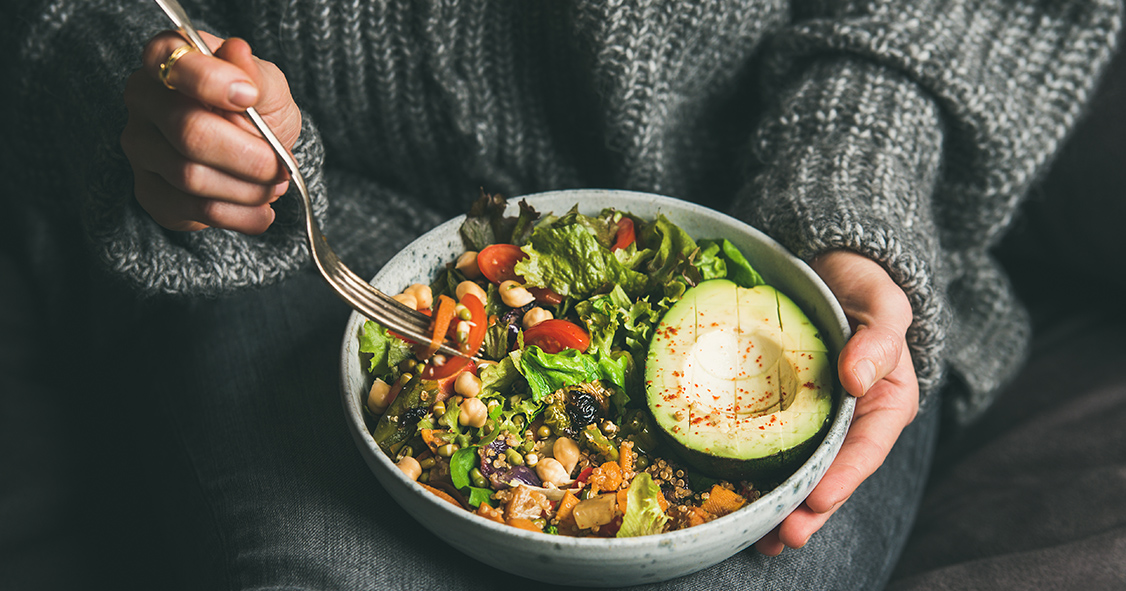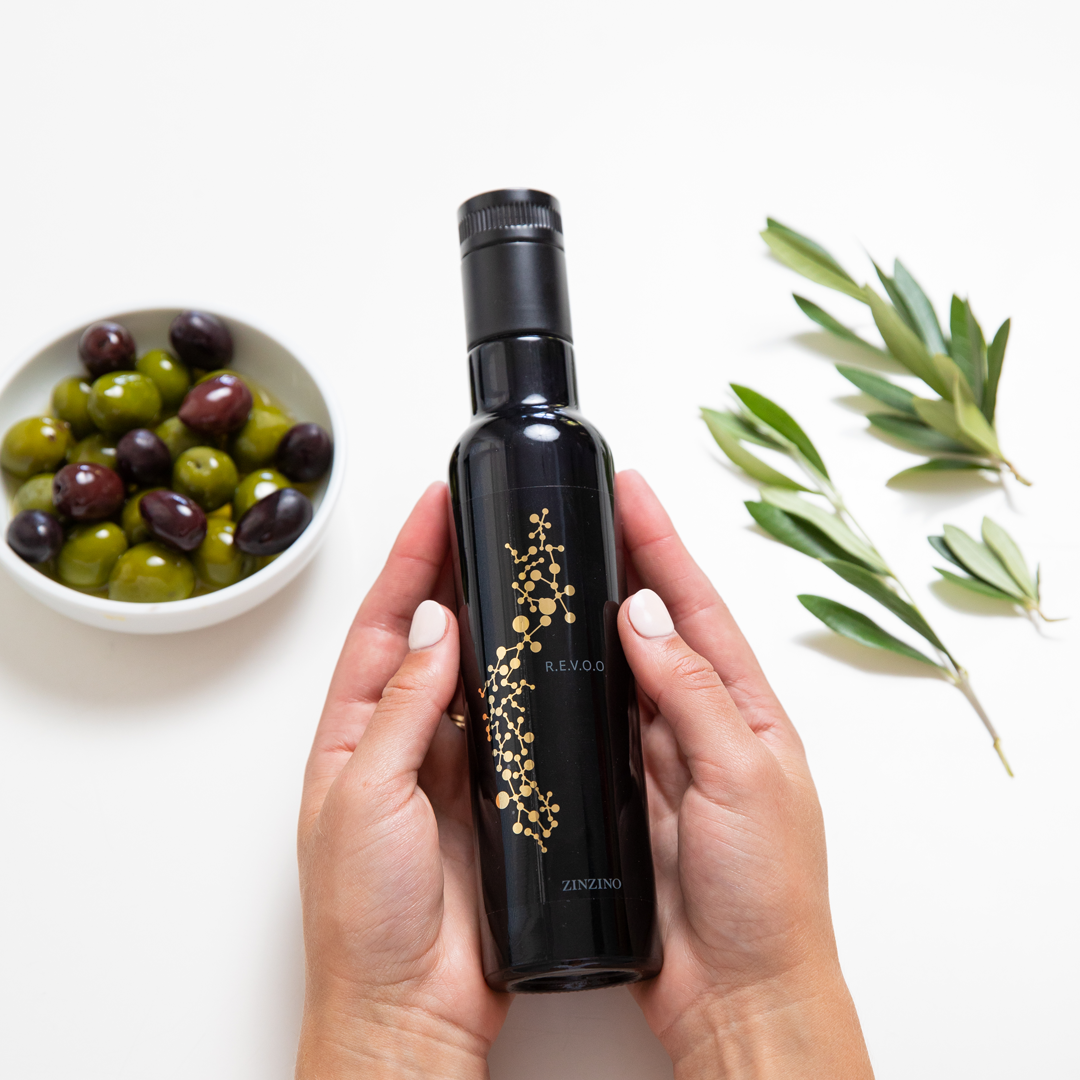
More and more people are switching to, or toying with, the idea of going vegan. Today, there are more meat and dairy alternatives around than ever before, but given this shift in food types, it’s important to understand the different nutritional needs that come with the package.
Is it possible to get all the vitamins and minerals you need by following a vegetarian or vegan plant-based diet?
There are a handful of essential nutrients not available from plants that you need to pay attention to when making the switch to vegan food. Vitamin B12 is usually branded as the number one vegan vitamin supplement to maintain adequate B12 stores in your body, but there are a few others to keep in mind as well. Here’s a quick breakdown of what you should consider to supplement your plant-based diet with.
Vitamin B12
An essential nutrient to supplement a plant-based diet that is critical for neurological function, maintaining normal brain function and a healthy immune system, and even for making blood cells and DNA. It is most naturally derived from non-vegan sources such as meat, fish, milk, cheese and eggs.
Selenium
Selenium is an essential trace mineral that is important for many bodily processes, including cognitive function, a healthy immune system, and fertility in both men and women. The best natural, vegan source of selenium is Brazil nuts.
Vitamin D
Named the ‘sunlight’ vitamin as the sun is our best natural source of vitamin D. It is an essential vitamin for vegetarians, particularly for bone health and muscle function. It’s also important for a strong immune system.
Calcium
This mineral plays a role in many of your body’s basic functions helping your blood circulate, move muscles and release hormones. Calcium is a major part of tooth and bone health. Your bones are your body’s calcium reservoir and naturally sourced from milk, cheese and green, leafy vegetables.
Iodine
Sourced from dairy and fish, iodine helps thyroid function and supports fertility. Unless the plants are grown in iodine-rich soil, it’s hard for vegans to capture iodine in everyday diets.
Zinc
A nutrient found throughout your body, zinc helps your immune system. Zinc is found in meat and poultry provide the majority of zinc in the diet, but you will also find it in chickpeas, lentils and beans.
Magnesium
Magnesium is important for many processes in the body, including regulating muscle and nerve function, blood sugar levels, and blood pressure and making protein, bone, and DNA. Dark chocolate, avocado and nuts are natural sources of magnesium.
Vitamin K2
This vegan vitamin is one of the more incognito nutrients that could be a potential power player in a vegetarian diet, in terms of blood coagulation, bone and heart health. Normally only found in animal foods and fermented foods.
Essential fatty acids
The Omega-3 fatty acids, DHA and EPA, are necessary for maintaining a healthy heart and brain. They are the building blocks for many of the body’s normal functions, and common Omega-3 vegan sources include algae, chia seeds, flax seeds, walnuts and hemp seeds.
All-natural ingredients + BalanceOil Vegan Supplement
A heavily fortified vegan diet can cover many of your nutritional needs, but you might want to consider plant-based supplements to fill the gaps. However, be aware of the overly processed vegan foods that parade as ‘healthy’. Aim for natural foods, made with organic integrity.
In terms of supplements, a good place to start is to check your fatty acid status with the Zinzino BalanceTest and consult your doctor. Check out products like the BalanceOil+ Vegan from Zinzino. It is part of their signature range of BalanceOils based on a scientifically certified measure of extra virgin olive oil, natural fish oil and vitamin D3. They deliver those all-important essential fatty acids that are otherwise difficult to achieve through a plant-based diet.
BalanceOil+ Vegan is an all-natural marine micro-algae oil high in EPA, DHA and DPA, extra-virgin pre-harvest olive oil (OA and polyphenols), echium seed oil (SDA, ALA, GLA), and vegan Vitamin D3. With 15+ EFSA-approved health benefits, BalanceOil+ Vegan does wonders to the body, including protecting cells from oxidation (1), and supporting normal brain (2), heart (3) and immune function (4).
Supplements for vegans with The Vegan Society’s trademark
Ultimately, to add most of the essential vitamins and minerals to your vegan whole-foods diet in one go, take a look at Zinzino’s vegan, all-natural advanced immune and nutritional supplement, Xtend+. It perfectly pairs with BalanceOil+ Vegan, helping boost the vegan diet. Xtend+ features a range of active ingredients from sources such as rice, potato, coconut, and extracts from turmeric root, tomato, broccoli, and seaweed. Look for vegan-approved food supplements that can help lift the diet and know the recommended daily allowances for each vitamin and nutrient.
* These statements have not been evaluated by the Food and Drug Administration. This product is not intended to diagnose, treat, cure, or prevent any disease.
References
1.Olive oil polyphenols contribute to the protection of blood lipids from oxidative stress. Replacing saturated fats in the diet with unsaturated fats contributes to the maintenance of normal blood cholesterol levels. Oleic acid is an unsaturated fat. The claim may be used only for olive oil which contains at least 5 mg of hydroxytyrosol and its derivatives (e.g. oleuropein complex and tyrosol) per 20 g of olive oil. In order to bear the claim, information shall be given to the consumer that the beneficial effect is obtained with a daily intake of 20 g of olive oil.
2.DHA contributes to the maintenance of normal brain function. The claim may be used only for food which contains at least 40 mg of DHA per 100 g and per 100 kcal. In order to bear the claim, information shall be given to the consumer that the beneficial effect is obtained with a daily intake of 250 mg of DHA. Docosahexaenoic acid (DHA) maternal intake contributes to the normal brain development of the fetus and breastfed infants. Information shall be given to pregnant and lactating women that the beneficial effect is obtained with a daily intake of 200 mg of DHA in addition to the recommended daily intake of Omega-3 fatty acids for adults, i.e. 250 mg DHA and EPA. The claim may be used only for food which provides a daily intake of at least 200 mg DHA.
3.DHA and EPA contribute to the normal function of the heart. The claim may be used only for food which is at least a source of EPA and DHA as referred to in the claim SOURCE OF Omega-3 FATTY ACIDS as listed in the Annex to Regulation (EC) No 1924/2006. In order to bear the claim, information shall be given to the consumer that the beneficial effect is obtained with a daily intake of 250 mg of EPA and DHA.
4.Vitamin D contributes to the normal function of the immune system. The claim may be used only for food which is at least a source of vitamin D as referred to in the claim SOURCE OF vitamin D as listed in the Annex to Regulation (EC) No 1924/2006.


